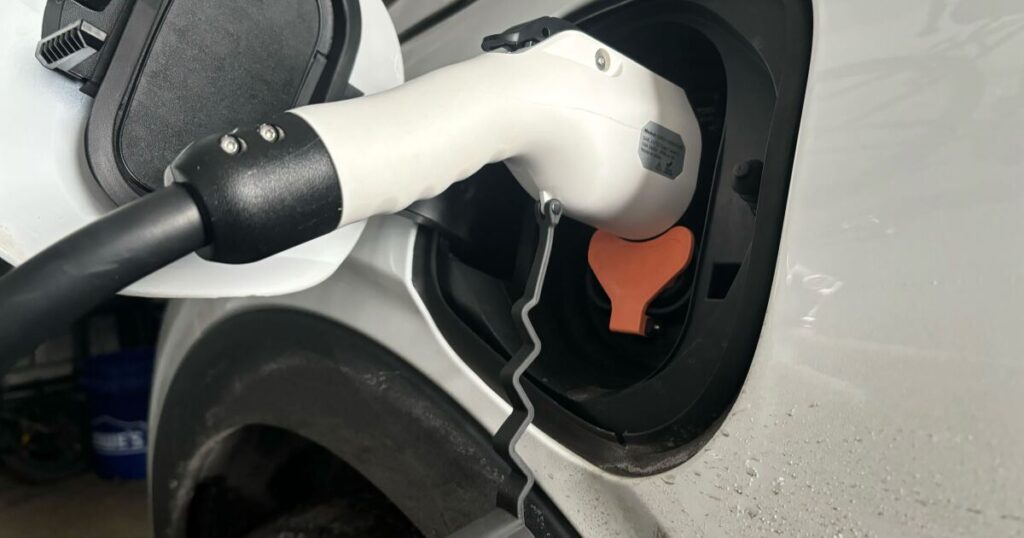In a significant legal move, Vermont has aligned with 11 other states to challenge the Trump administration’s decision to withdraw California’s authority to impose stricter air pollution controls for vehicles compared to federal standards. This lawsuit not only contests the federal government’s revocation of waivers but also underscores the states’ push for electric vehicle adoption over traditional gasoline and diesel options.
The core of this legal battle is the contention that Congress, along with the President’s recent resolutions, unlawfully rescinded California’s ability to set stringent emission standards, which several states, including Vermont, have embraced. Vermont is among 17 states and the District of Columbia that have adopted California’s vehicle emissions regulations.
President Donald Trump, in a statement, criticized the policy, asserting, “It is the Federal Government, not states, that should establish vehicle emissions standards given the inherently interstate nature of air quality. A patchwork of state vehicle regulations on this subject is unworkable.”
More from Vermont Public: Vermont’s planned EV chargers on pause after Trump suspends program
Vermont Attorney General Charity Clark denounced the federal action as an “inappropriate overreach,” emphasizing the state’s commitment to environmental protection and adherence to the Clean Air Act’s processes. “Vermonters believe in protecting our environment and we understand the importance of transitioning to cleaner cars and trucks,” Clark stated.
Adhering to California’s standards, Vermont aims to eliminate new diesel and gasoline vehicle sales by 2035, marking a pivotal step in its Climate Action Plan to curb greenhouse gas emissions, primarily from transportation, the state’s largest emission source.
However, Governor Phil Scott has temporarily halted the implementation of this phase with an executive order, delaying the requirement for car manufacturers to supply more electric vehicles to Vermont starting in 2026.
More from Vermont Edition: Why did Gov. Scott pause the electric vehicle mandate?
Reflecting on Vermont’s longstanding environmental commitment, Clark remarked, “Twenty-five years ago we jumped on board, and we’ve been able to live in our values for this whole time.” The lawsuit asserts that the federal government’s actions violate the Clean Air Act, infringe on states’ rights, and challenge the separation of powers.
Elena Mihaly from the Conservation Law Foundation hailed Vermont’s legal action as crucial for New England, where transportation is a significant carbon pollution source. “It’s really important that we retain having a way to tackle that pollution issue,” Mihaly emphasized.
States like California, Colorado, Delaware, Massachusetts, New Jersey, New Mexico, New York, Oregon, Rhode Island, and Washington are also part of the lawsuit, emphasizing a collective stand against federal rollbacks of environmental protections.
This lawsuit marks Vermont’s third environmental case against the Trump administration since his presidency began, highlighting the ongoing tensions between state and federal policies on climate change and environmental protection.
Original Story at www.vermontpublic.org
